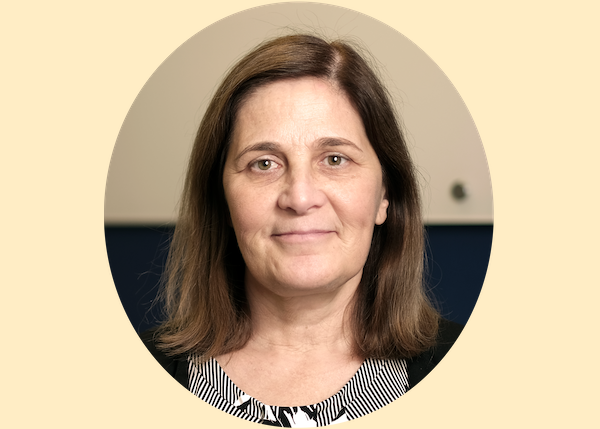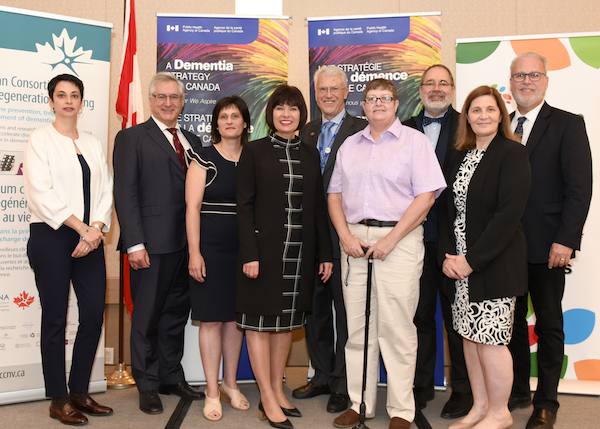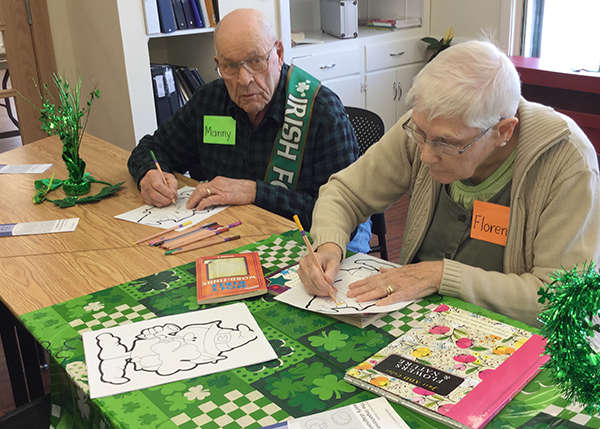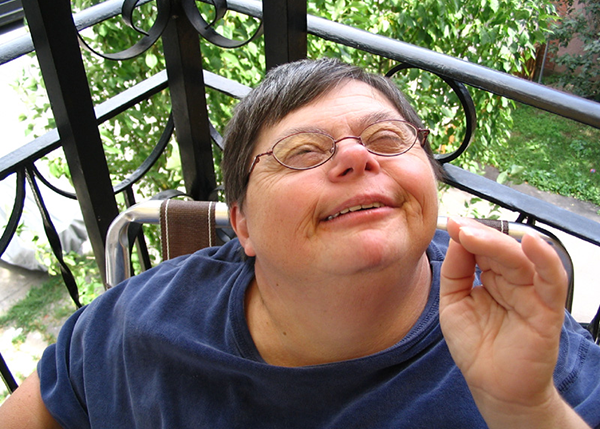A special thank you to our valued donors
 Pauline Tardif, CEO, Alzheimer Society of Canada
Pauline Tardif, CEO, Alzheimer Society of Canada
Thank you for supporting this important work!
You’ve been so vital to our achievements—with your support, we’ve witnessed so many inspiring results from our programs, services and research projects across the country. I’m thrilled to share some of these stories and good news with you in our latest newsletter. Each article illustrates just how important your continued support is in the fight against Alzheimer’s disease and other dementias. Your commitment gives me hope that one day, no one will have to face this devastating disease. Thank you for all that you do to help improve the lives of thousands of people across Canada.
- Pauline T.









